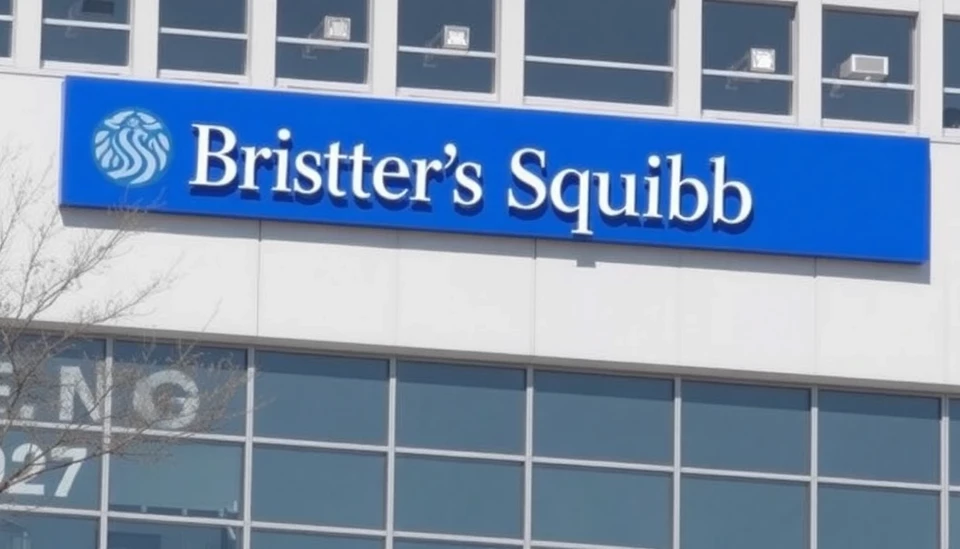
In a notable departure from recent corporate practices, Bristol Myers Squibb (BMS), a major player in the biopharmaceutical sector, has eliminated its Diversity, Equity, and Inclusion (DEI) commitments from its latest annual report. This decision points to a potential reevaluation of corporate objectives concerning social governance and inclusivity.
The move raises questions among stakeholders and industry experts regarding the implications for the company’s image and its long-term strategy. The annual report traditionally serves as a platform for public companies to detail their commitment to various initiatives, and the absence of DEI pledges signifies a shift that may resonate beyond BMS to influence broader investment patterns in related sectors.
Reports indicate that Bristol Myers Squibb’s decision comes amidst a backdrop of increasing scrutiny over corporate accountability in social issues. While many organizations have leaned into their DEI programs, utilizing them as a framework for growth and community engagement, BMS appears to be recalibrating its approach in response to new challenges and market dynamics.
Industry analysts are closely monitoring the implications of this shift. Many view the removal of DEI metrics as a potential retreat from progressive values that have gained traction in corporate America. The action, some suggest, could indicate internal pressures or a strategic pivot that prioritizes other business objectives over community engagement efforts.
The announcement has incited conversations regarding the role of corporate responsibility in biopharmaceuticals and the expectations of shareholders. Traditionally, investors and consumer advocates have placed significant importance on a company's commitment to social responsibility, viewing it as indicative of a company's ethical stance and market position.
In contrast to BMS's recent decision, other companies across various industries continue to promote their DEI goals as integral components of their operational strategy and corporate identity. This ongoing commitment not only acknowledges social disparities but also aligns with growing consumer preferences for brands associated with ethical practices.
The implications for Bristol Myers Squibb may be profound. Investors and analysts will undoubtedly be scrutinizing how the company's future performance aligns with its revised corporate narrative. As the dialogue surrounding corporate social responsibility continues to evolve, BMS's decision could set a precedent within the industry, urging other companies to reconsider their approaches to DEI initiatives.
As stakeholders await additional details regarding BMS's forthcoming strategies, one thing remains clear: the landscape of corporate governance is in flux, and the implications of these shifts will continue to unfold in the coming months.
#BristolMyersSquibb #DEI #CorporateStrategy #Biopharmaceuticals #CorporateGovernance
Author: John Harris


